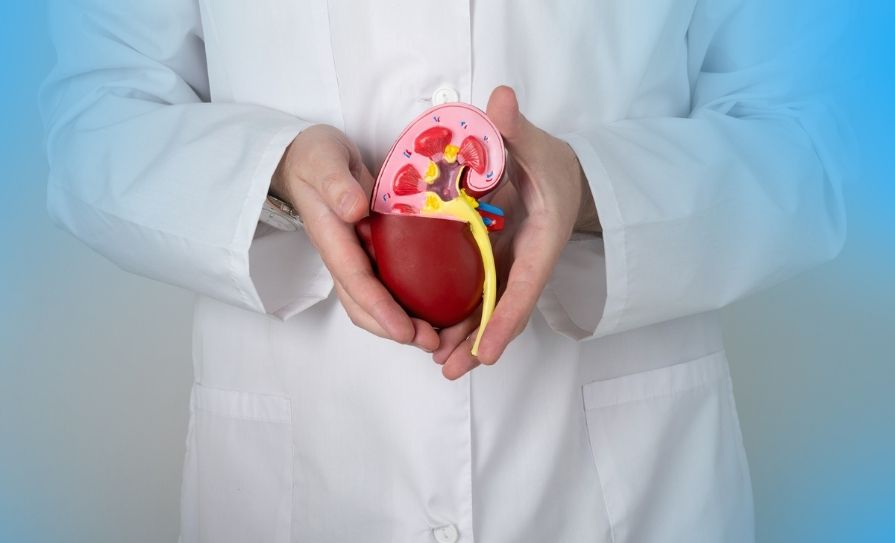A national action plan to address human verotoxigenic E.coli (VTEC) infection is to be developed, according to the Department of Agriculture, Food and Marine (DAFM).
An inter-agency workshop to review the operation of a protocol between relevant agencies was due to be held in March. This event was intended to “kick-start the process of formulating a national action plan to address human VTEC infection”, a DAFM spokesperson told the Medical Independent.
However, the planned workshop involving the DAFM, HSE, Food Safety Authority of Ireland and Environmental Protection Agency was postponed due to the Covid-19 pandemic. The DAFM intends to reschedule the workshop, which will be held as a webinar.
A Department of Health spokesperson told MI it continues to support the work of stakeholders on VTEC infection.
“Work in addressing this subject is being led by our colleagues in DAFM, as the origins of such infections and the resulting solutions relate to other sectors in the first instance. We will continue to engage with our colleagues and all relevant stakeholders in supporting the work to address this issue.”
According to a DAFM briefing note in July 2019, the level of human VTEC infection in Ireland was “unacceptable”.
It said a whole-of-Government approach was required to make “meaningful progress in addressing this public health threat”.
Dr Martin Blake, Chief Veterinary Officer, sent the note to the Department of Health’s Chief Medical Officer Dr Tony Holohan on 31 July 2019.
“In Ireland, the current level of human VTEC infection is unacceptable, greatly exceeding that in other EU member states, and a large outbreak in the future is a real threat,” according to the note.
Notifications of VTEC infection in the last quarter of 2019 were almost 20 per cent higher than the same period of 2018, shows provisional data from the Health Protection Surveillance Centre (HPSC).
However, the number of cases was lower than the corresponding period in 2017, according to Surveillance of Infectious Intestinal Disease (IID) in Ireland: Q4 2019 provisional data.
There were 202 notifications of VTEC in the final quarter of 2019 versus 170 in the same period of 2018. Some 28 outbreaks (three ‘general’ and 25 ‘family’) were reported in the last three months of 2019. Seven cases involved haemolytic uremic syndrome, a severe complication of E.coli infection that can lead to kidney failure.
Some 887 notifications were made in 2019, versus 1,113 in 2018, shows provisional data collated from HPSC reports.












Leave a Reply
You must be logged in to post a comment.